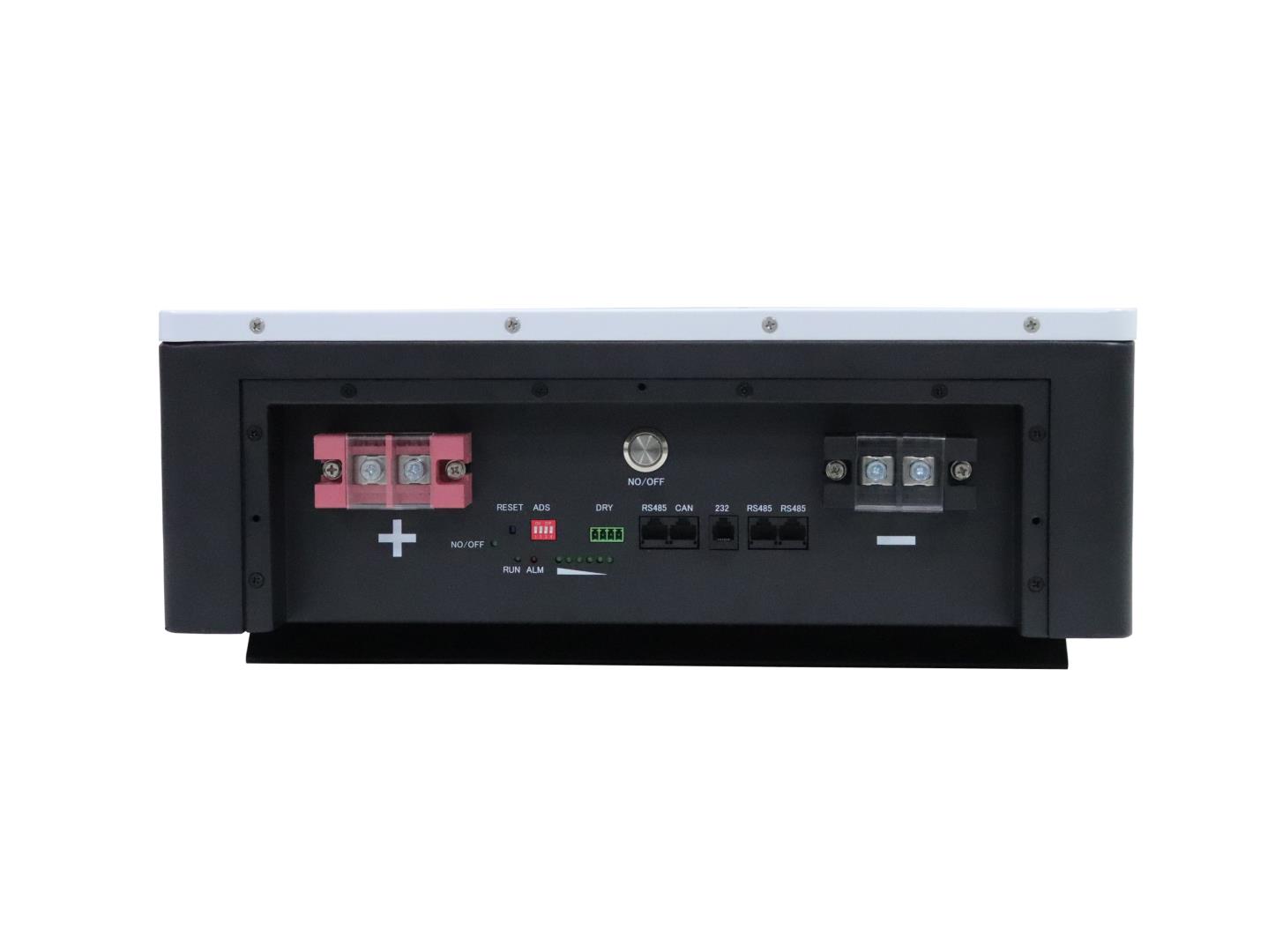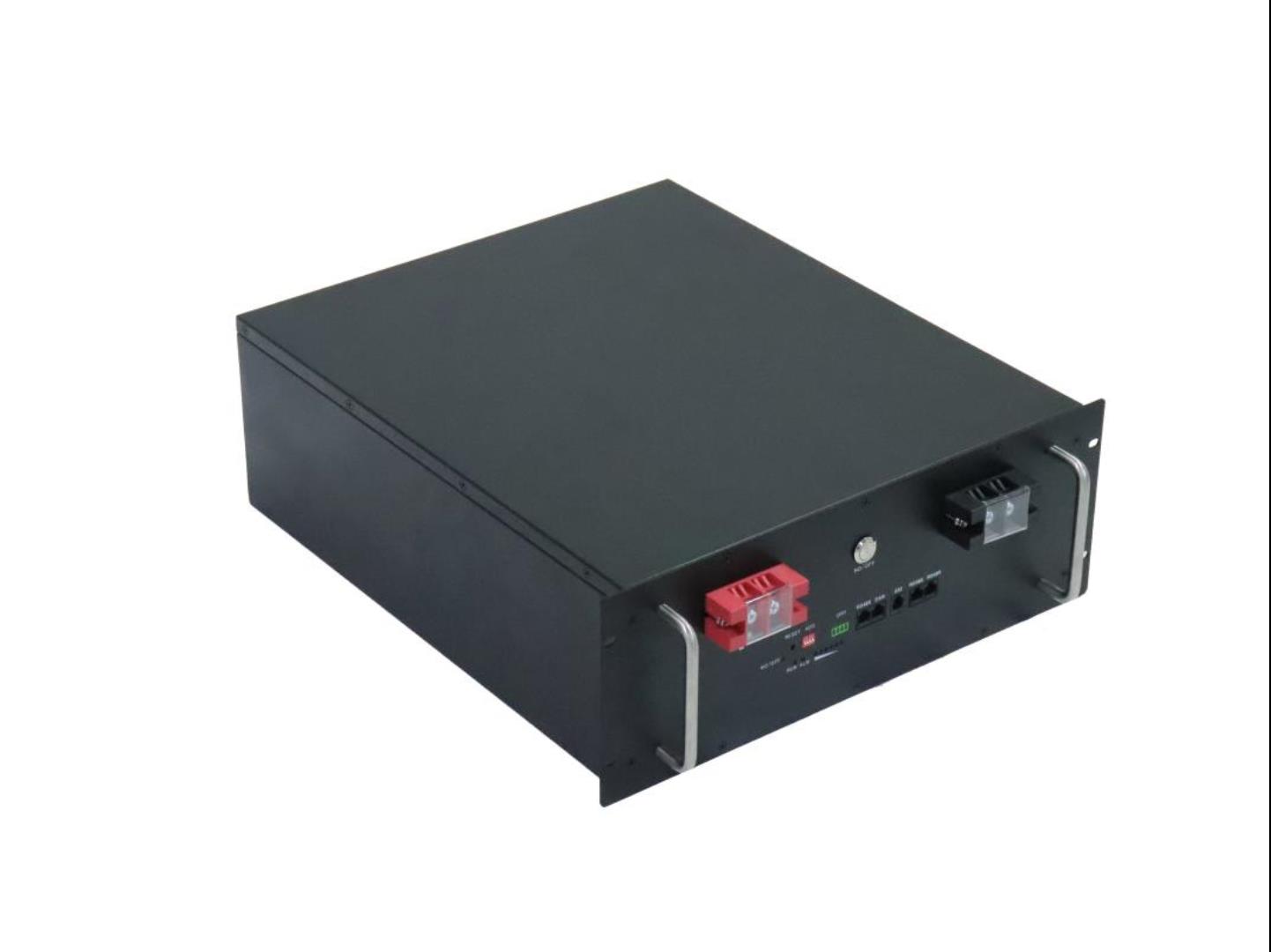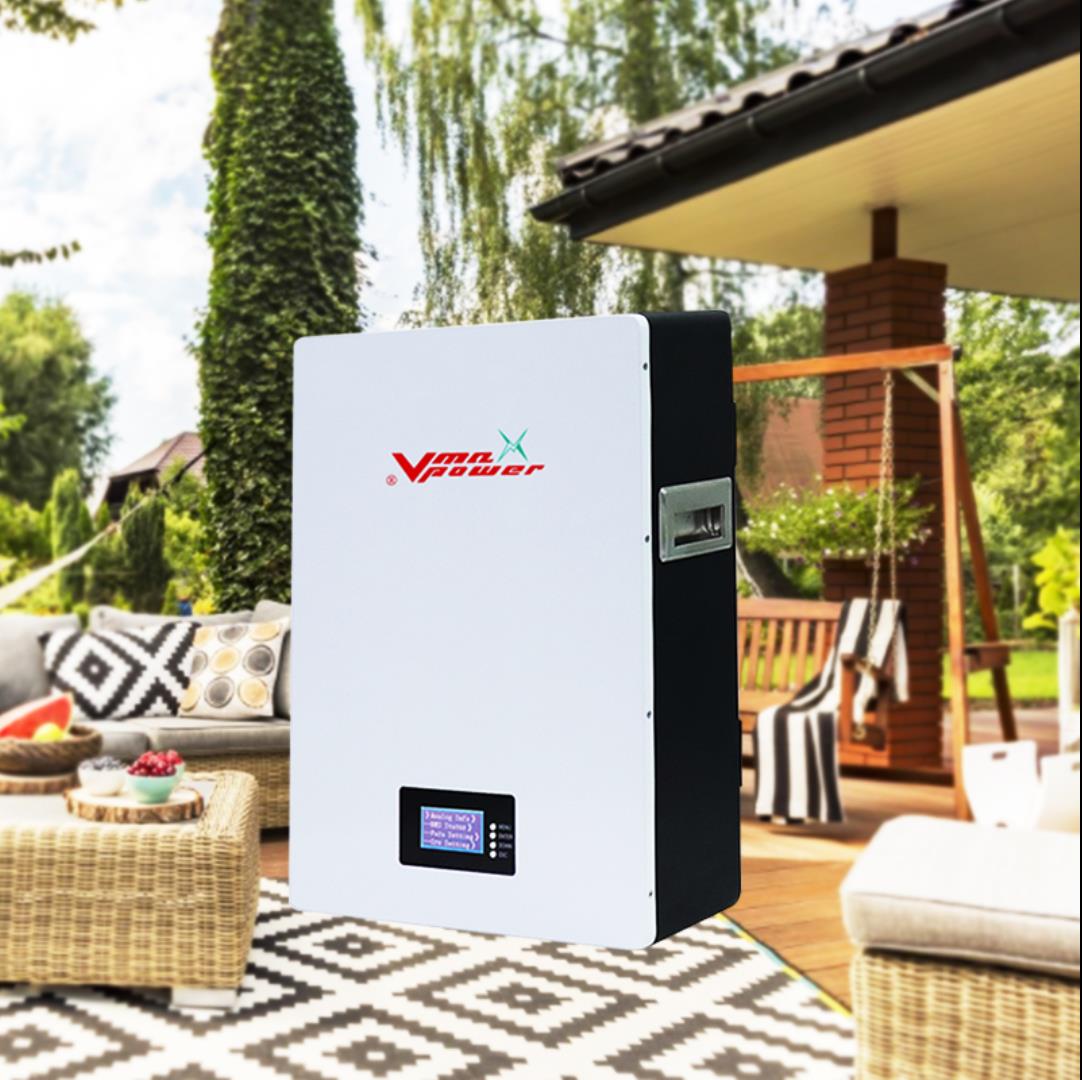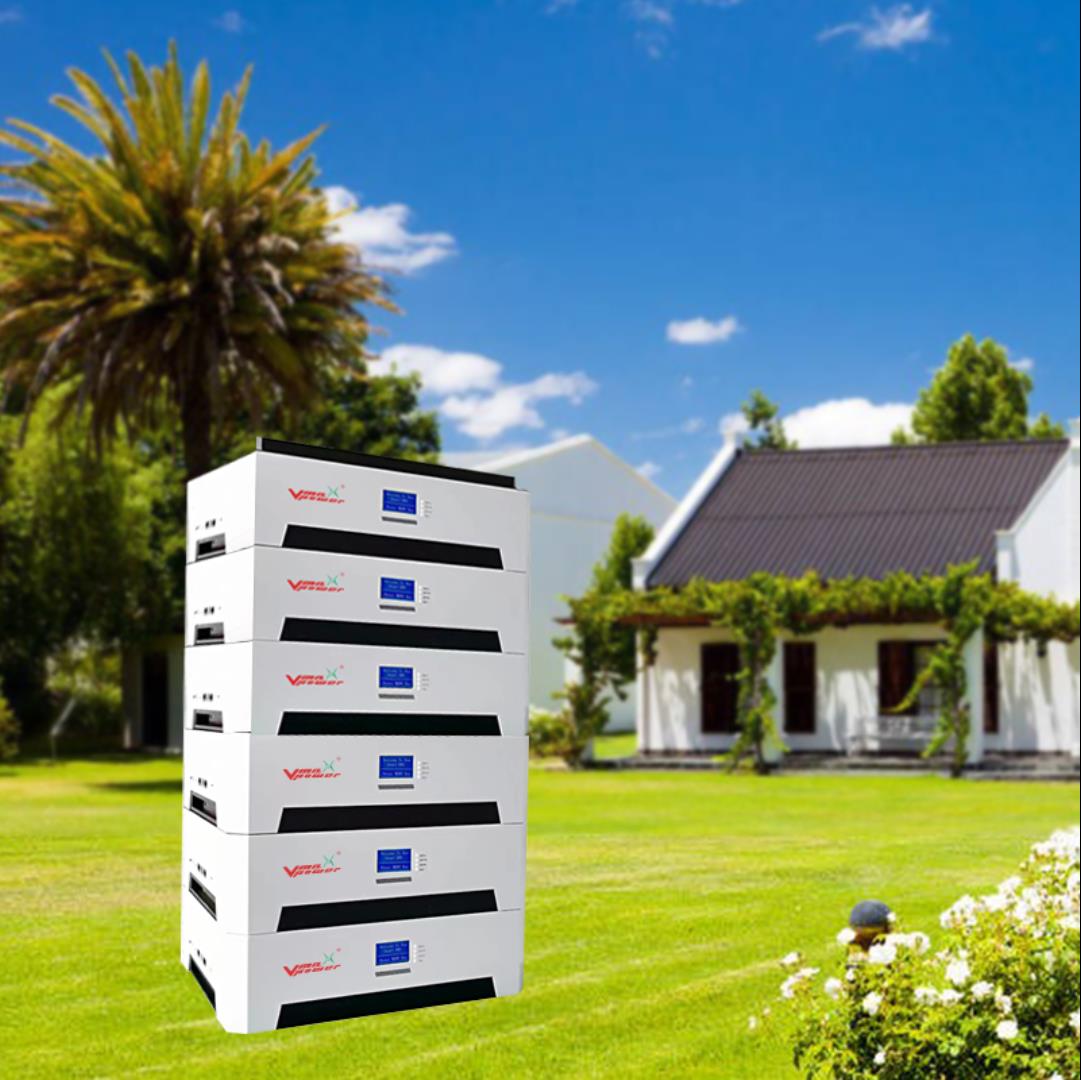In the context of low-carbon development,new energy has become the main direction of global development. With the dualharvest of new energy vehicle production and sales in China, the demand forlithium batteries continues to rise. Meanwhile, with the rapid development ofindustries such as mobile phones, electric vehicles, electric tools, anddigital cameras, the demand for lithium batteries will continue to grow, andthe concept of lithium batteries has broad prospects. At the same time, thereare more and more scenarios where lithium batteries are used in off grid powergeneration systems and energy storage systems. With the development oftechnology, lithium batteries have become mainstream. 
Lithium batteries are batteries that uselithium metal or lithium alloy as the negative electrode material and use nonaqueous electrolyte solutions.Generally, lithium batteries can be divided intotwo categories, namely lithium metal batteries and lithium-ion batteries. Dueto its high energy, high battery voltage, wide operating temperature range, andlong storage life, it has been widely used in military and civilian smallelectrical appliances. Large capacity lithium batteries have been applied inelectric vehicles and will become one of the main power sources for electricvehicles in the 21st century. They will also be applied in fields such asartificial satellites, aerospace, and energy storage. 
When charging a lithium battery, thelithium ions generated from the positive electrode move towards the negativeelectrode through the electrolyte, and the more lithium ions reach the negativeelectrode, the higher the charging capacity. When the battery is discharged,the lithium ions embedded in the negative electrode move back towards thepositive electrode, and the more lithium ions return to the positive electrode,the higher the discharge capacity. Colloidal batteries are sealed using thecathode absorption principle. The reduction of oxygen on the cathode and theincrease of hydrogen overpotential on the cathode itself avoid a large numberof hydrogen evolution reactions. 
Compared to batteries, lithium batterieshave higher average voltage and energy density. In other words, batteries ofthe same size have a larger capacity. In addition, lithium batteries are relativelylightweight, easy to carry, and have a relatively long lifespan. In addition,lithium batteries have stronger adaptability to high and low temperatures, areless affected by temperature, and are more environmentally friendly. 
This year, Multifit Solar has launchedvarious types of lithium battery packs, including stacked, wall mounted, rackmounted, etc., which are assembled using 48V100Ah lithium batteries. OurLiFePO4 battery cabinet is specifically developed for household solar storagesystems. The battery uses the lightest battery to provide sufficient power forhome applications, and our battery meets the standards of most inverters andMPPT controllers. If you are unsure, you can tell us the information about theinverter and controller you are using, and we will customize a suitable batteryfor you to meet the various scenarios of energy storage product users.
|

 6 Keji west road. Hi-Tech Zone Shantou City, GuangDong,China
6 Keji west road. Hi-Tech Zone Shantou City, GuangDong,China +86-0754-81888658
+86-0754-81888658 multifit@multifitele.com
multifit@multifitele.com